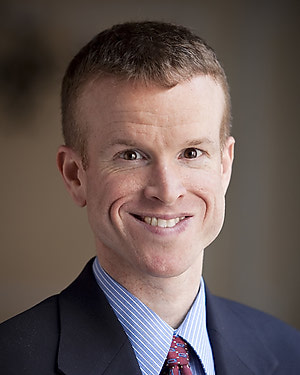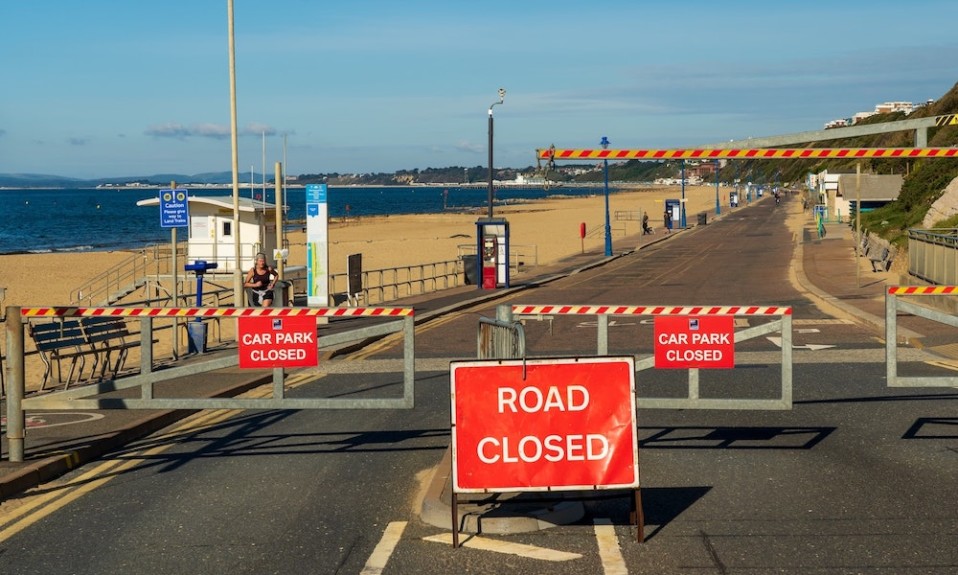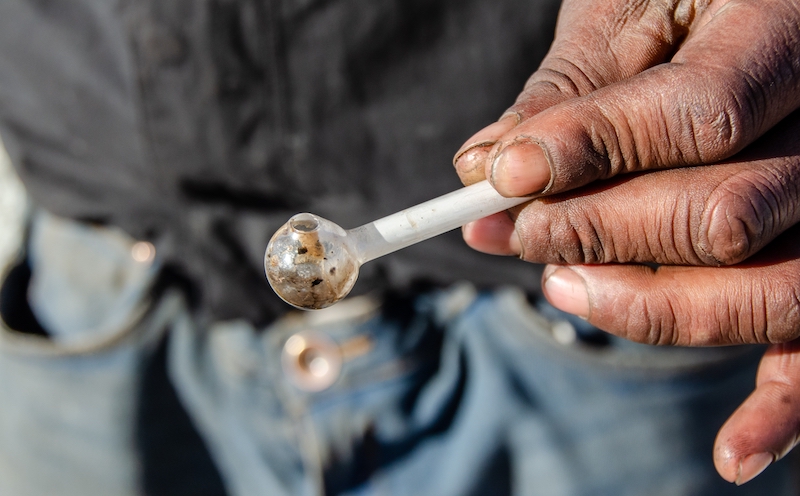In a move that transcends what happens on a football field, the NFL is examining the potential of CBD and THC to treat pain
By Veronica L. Holyfield
All eyes will be on the NFL when the Cincinnati Bengals play the Los Angeles Rams in Super Bowl LVI on Feb. 13. Much less discussed—but a Super Bowl moment of sorts within the medical community—has been the NFL’s recent announcement that it will award $1 million for two studies on the effects of cannabinoids (CBD) and tetrahydrocannabinol (THC, the chemical in marijuana that gets you “high”) on pain management.
The intent of the studies, facilitated by the NFL-NFLPA Pain Management Committee, is to document how non-pharmacological treatments address pain, as the NFL explores alternatives to opioids. Not only could the findings benefit the NFL’s players, but they could also be of value to the population at large.
“We know there’s been a lot of interest in this area, but we did not feel like there was a lot of great solid research on the benefits of marijuana, CBD and treating acute and chronic pain. So that’s why we wanted to try to contribute to the body of science in this area.”
—Allen Sills, NFL chief medical officer, to The Associated Press
“We’re always interested in trying to improve our approach and our treatment for acute and chronic pain in NFL players, and we always want to make sure that our players are receiving the most up-to-date medical consensus around any of these treatments,” NFL chief medical officer Allen Sills, MD, told The Associated Press. “So, our burden of proof is really high for NFL players. Anytime we want to introduce a new therapy, we have to understand how that decision might impact their wellbeing and their performance. We know there’s been a lot of interest in this area, but we did not feel like there was a lot of great solid research on the benefits of marijuana, CBD and treating acute and chronic pain. So that’s why we wanted to try to contribute to the body of science in this area.”
According to data from the NFL, the league’s players suffer hundreds of injuries each season—concussions, torn ACLs and MCLs and other painful byproducts of the game on the field. Although policies and rules have been evolving over the years to protect players, there is still an inherently high risk of traumatic brain injuries and joint, ligament, tendon and muscle damage. It’s a recipe for becoming dependent on opioids and other painkillers. In one survey of retired NFL players, more than half said they used prescription opioids during their careers, with 71% reporting misuse. In addition, opioid use among retired players—many of whom contend with chronic issues from their playing days—was found to be three times that of the general population.
The NFL Studies
In 2021, the NFL-NFLPA Pain Management Committee issued a call for proposals to study alternatives to opioids. It resulted in 106 submissions that were ultimately whittled down to two, each of which will take three years to conduct.
One study will be led by Thomas Marcotte, PhD, Mark Wallace, PhD, and their colleagues from the University of California San Diego. The primary aim of this clinical trial is to assess the efficacy and adverse effects of THC, CBD and the combination THC and CBD for treating soft-tissue pain in elite athletes.
The second study will be directed by J. Patrick Neary, PhD, and other researchers from the University of Regina in Canada, with the goal of determining whether CBD and THC can be used safely and effectively to reduce the use of prescription medications, including opioids, in athletes with post-concussion syndrome. An additional goal is to assess the ability of CBD to curb the incidence and lessen the severity of acute and chronic concussions in professional football players.

Kevin Hill, MD, director of addiction psychiatry at Beth Israel Deaconess Medical Center in Boston and co-chair of the NFL-NFLPA Joint Pain Management Committee, explained to the AP why these NFL studies are relatively new ground for research.
“One reason is the scheduling of cannabis [under the Controlled Substances Act] makes it harder to do this research, but the main reason is that stakeholders really aren’t interested in advancing the science,” Hill said. “You have states and companies that are making a lot of money selling cannabis products, selling CBD products right now. So they don’t feel the need to prove the efficacy of these products, and millions of people are using them. So that’s the predicament that we’re in as healthcare professionals or organizations that really care about the health and safety of our constituents, the players in this case.
“We really want to know [if] they work. And every day I meet with patients who are interested in cannabinoids, and it’s the same thing: We really don’t know the answers to that. So it becomes a very complicated risk/benefit discussion. I’m thrilled to be a part of something that actually is going to get toward finding some answers to the questions that everybody’s been talking about for years.”
Top photo: Shutterstock













